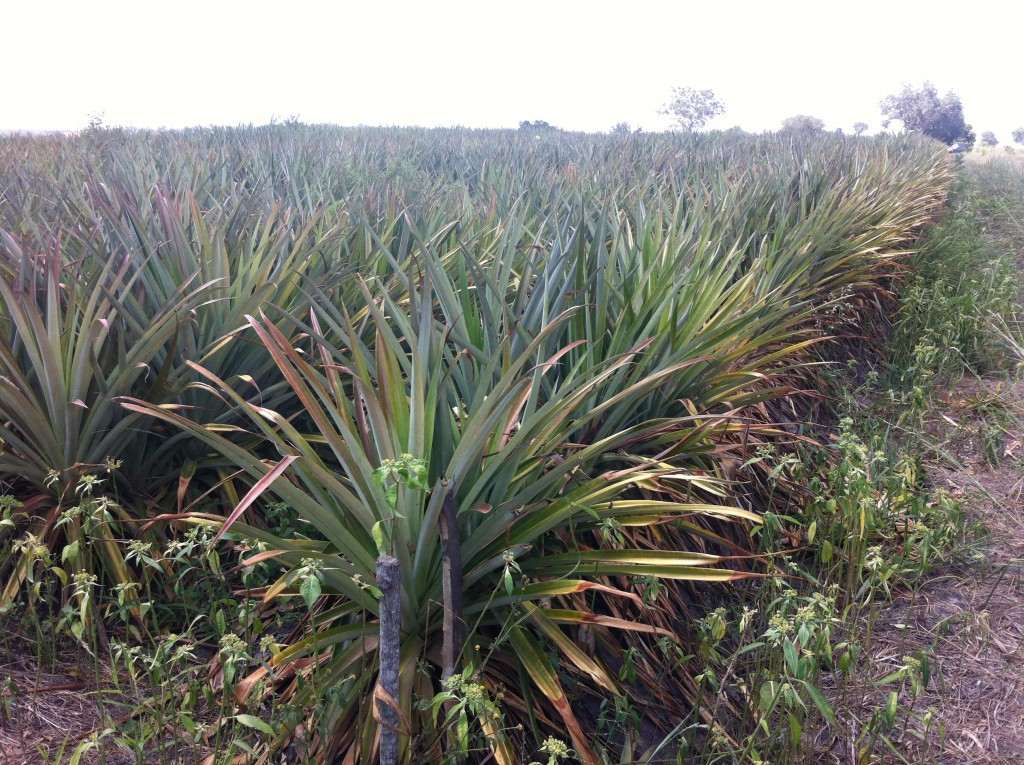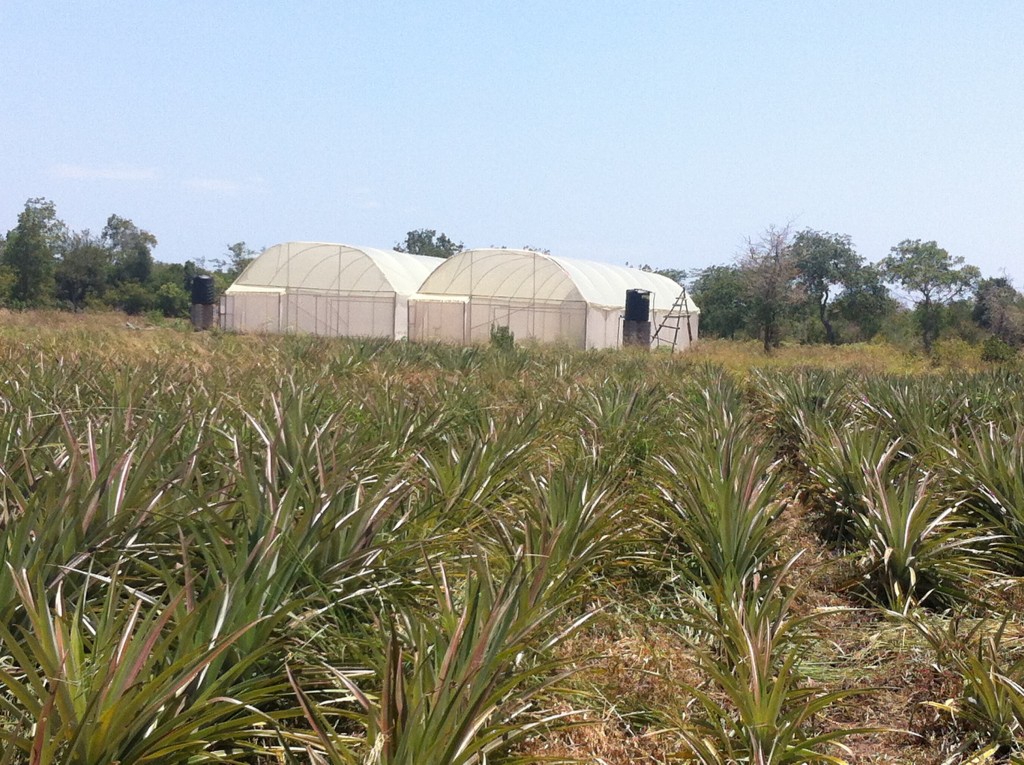Student Research: Sowing Growth: Catalyzing Development through Inclusive Agribusiness
by Lauren Bieniek, (MALD 2016)
Agribusinesses that include smallholder farmers in their operations present an opportunity to grow incomes and livelihoods. Targeted support from the development community and other social finance partners can catalyze this growth and ensure shared benefits.
In Tanzania, a cadre of small- and medium-sized agribusinesses are emerging to take hold of opportunities in the agriculture sector. Population and urbanization rates are both growing and demand for food products is increasing. There is an additional pressure to meet this demand in a more sustainable and traceable manner. This group of agribusinesses are not only attempting to leverage these trends, but bring smallholder farmers into their value chains as they do so.

As new agribusinesses enter the agricultural market in Tanzania they see smallholder farmers as a critical component of long-term, sustainable growth. They are not alone. Multinational companies are working with smallholders to strengthen local supply chains and secure future access to raw ingredients. Additionally, development partners continue to work on connecting smallholder farmers with markets as a way to reach the approximately 2 billion people who live on small-scale farms around the world.
Supporting inclusive agribusinesses is an avenue for the development community – comprised of both public and private actors – to create positive social impact on a large scale. Linking its funding and programming with a single agribusiness is an efficient way to effectively reach thousands of smallholder farmers and ensure their inclusion in a profitable enterprise. But what types of support are required to catalyze the potential for social impact?
In March 2016, I conducted three case studies to examine the business models of inclusive agribusinesses in Tanzania. All three are early-stage companies focused on various aspects of the horticultural value chain and each is undertaking robust out-grower programs to engage smallholders.
- Sasumua Holdings Limited is developing a pineapple estate and processing facility to produce pineapple juice concentrate. To ensure economic opportunity is shared with the broader community (a remote village in southern Tanga) they plan to engage current pineapple producers, and teach new ones, to grow the varieties and qualities required by the new facility.
- EA Fruits Farm & Co Limited is attempting to bring produce grown by smallholder farmers to market with zero waste by establishing a new cold storage distribution system. By reducing post-harvest losses and focusing on marketing to customers, the company will use its savings and earnings to pay competitive prices to smallholder suppliers.
- Bagamoyo Fruits Company Limited is a small estate focused on pineapple production. The company will supplement its own yields with that of nearby growers in order to meet the volumes demanded by customers. Through a new collection center, Bagamoyo Fruits will purchase crops from smallholders and provide technical assistance on growing the varieties, quantities, and qualities that are demanded in the marketplace.

Despite their different business models, all three agribusinesses view smallholder farmers as an integral component of their value chains. For Sasumua – a large estate – it is about developing a social relationship with the community and contributing to broader economic development. For EA Fruits and Bagamoyo Fruits, it is about accessing sufficient volumes of supply. As such, each is setting up their respective out-grower programs to provide a variety of technical advice, trainings, input provision, and access to credit. However, these efforts can become costly for an agribusiness which must also balance managing a financially sustainable enterprise.
This is where the deep talent and experience of the development community comes in. With a long history of working in rural development and a rejuvenated interest in agriculture, donors, implementers, and others are working to increase the yields, sales, and incomes of smallholder farmers around the world. By anchoring their funding and technical assistance to an inclusive agribusiness, the development community can effectively reach thousands of smallholders, ensuring their access to extension services and a commercially viable value chain.
Where are there opportunities for the development community to get involved in these inclusive value chains? The case studies explored here suggest the following:
- Improve the Enabling Environment by coordinating funding and programming for improved water, road, and power infrastructure that benefits inclusive agribusinesses.
- Support Smallholder Programs by leveraging the buying power and crop expertise of agribusinesses and supplementing it with coordination, facilitation, and funding for their out-grower programs.
- Strengthen the Marketing System by supporting the development of professionally managed fresh produce markets and eliminating costly middlemen.
- Coordinate Financing Opportunities by working with finance providers to expand product offerings, term flexibility, and their collaboration with one another.
Read the full report here and learn more about these three agribusinesses, their efforts to scale, and areas for partnership.
Lauren Bieniek is 2016 graduate of The Fletcher School of Law & Diplomacy with a Master of Arts in Law and Diplomacy
